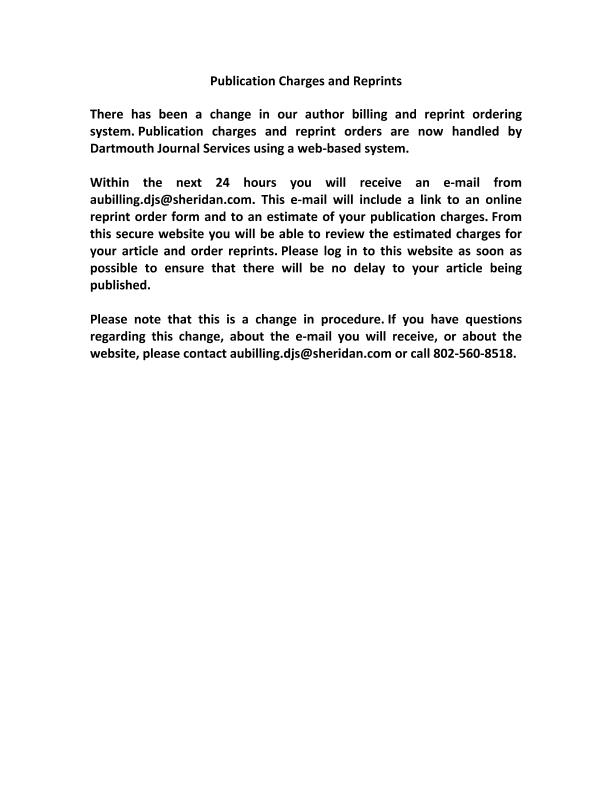Artículo
NK cells restrain spontaneous antitumor CD8+ T cell priming through pd-1/pd-l1 interactions with dendritic cells
Raffo Iraolagoitia, Ximena Lucía ; Spallanzani, Raúl Germán
; Spallanzani, Raúl Germán ; Torres, Nicolás
; Torres, Nicolás ; Araya, Romina Elizabeth
; Araya, Romina Elizabeth ; Ziblat, Andrea
; Ziblat, Andrea ; Domaica, Carolina Ines
; Domaica, Carolina Ines ; Sierra, Jessica Mariel
; Sierra, Jessica Mariel ; Nuñez, Sol Yanel
; Nuñez, Sol Yanel ; Secchiari, Florencia
; Secchiari, Florencia ; Gajewski, Thomas F.; Zwirner, Norberto Walter
; Gajewski, Thomas F.; Zwirner, Norberto Walter ; Fuertes, Mercedes Beatriz
; Fuertes, Mercedes Beatriz
 ; Spallanzani, Raúl Germán
; Spallanzani, Raúl Germán ; Torres, Nicolás
; Torres, Nicolás ; Araya, Romina Elizabeth
; Araya, Romina Elizabeth ; Ziblat, Andrea
; Ziblat, Andrea ; Domaica, Carolina Ines
; Domaica, Carolina Ines ; Sierra, Jessica Mariel
; Sierra, Jessica Mariel ; Nuñez, Sol Yanel
; Nuñez, Sol Yanel ; Secchiari, Florencia
; Secchiari, Florencia ; Gajewski, Thomas F.; Zwirner, Norberto Walter
; Gajewski, Thomas F.; Zwirner, Norberto Walter ; Fuertes, Mercedes Beatriz
; Fuertes, Mercedes Beatriz
Fecha de publicación:
08/2016
Editorial:
American Association of Immunologists
Revista:
Journal of Immunology
ISSN:
0022-1767
Idioma:
Inglés
Tipo de recurso:
Artículo publicado
Clasificación temática:
Resumen
Despite the classical function of NK cells in the elimination of tumor and of virus-infected cells, evidence for a regulatory role for NK cells has been emerging in different models of autoimmunity, transplantation, and viral infections. However, this role has not been fully explored in the context of a growing tumor. In this article, we show that NK cells can limit spontaneous cross-priming of tumor Ag-specific CD8+ T cells, leading to reduced memory responses. After challenge with MC57 cells transduced to express the model Ag SIY (MC57.SIY), NK cell–depleted mice exhibited a significantly higher frequency of SIY-specific CD8+ T cells, with enhanced IFN-g production and cytotoxic capability. Depletion of NK cells resulted in a CD8+ T cell population skewed toward an effector memory T phenotype that was associated with enhanced recall responses and delayed tumor growth after a secondary tumor challenge with B16.SIY cells. Dendritic cells (DCs) from NK cell–depleted tumor-bearing mice exhibited a more mature phenotype. Interestingly, tumor-infiltrating and tumor-draining lymph node NK cells displayed an upregulated expression of the inhibitory molecule programmed death ligand 1 that, through interaction with programmed death-1 expressed on DCs, limited DC activation, explaining their reduced ability to induce tumor-specific CD8+ T cell priming. Our results suggest that NK cells can, in certain contexts, have an inhibitory effect on antitumor immunity, a finding with implications for immunotherapy in the clinic.
Palabras clave:
NK CELLS
,
TUMOR IMMUNITY
,
CD8 T CELLS
,
PD-1
Archivos asociados
Licencia
Identificadores
Colecciones
Articulos(IBYME)
Articulos de INST.DE BIOLOGIA Y MEDICINA EXPERIMENTAL (I)
Articulos de INST.DE BIOLOGIA Y MEDICINA EXPERIMENTAL (I)
Citación
Raffo Iraolagoitia, Ximena Lucía; Spallanzani, Raúl Germán; Torres, Nicolás; Araya, Romina Elizabeth; Ziblat, Andrea; et al.; NK cells restrain spontaneous antitumor CD8+ T cell priming through pd-1/pd-l1 interactions with dendritic cells; American Association of Immunologists; Journal of Immunology; 197; 3; 8-2016; 953-961
Compartir
Altmétricas



